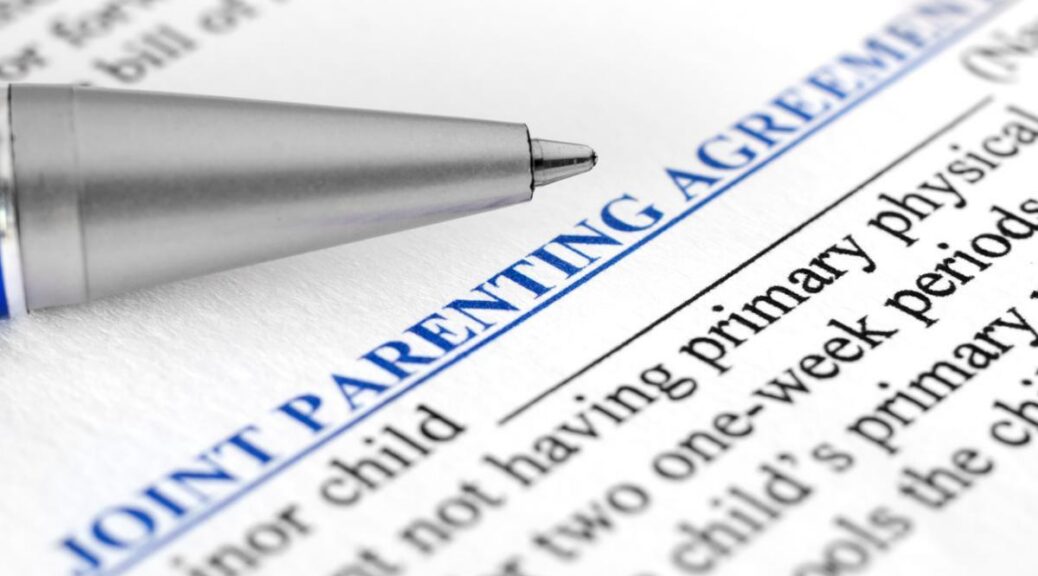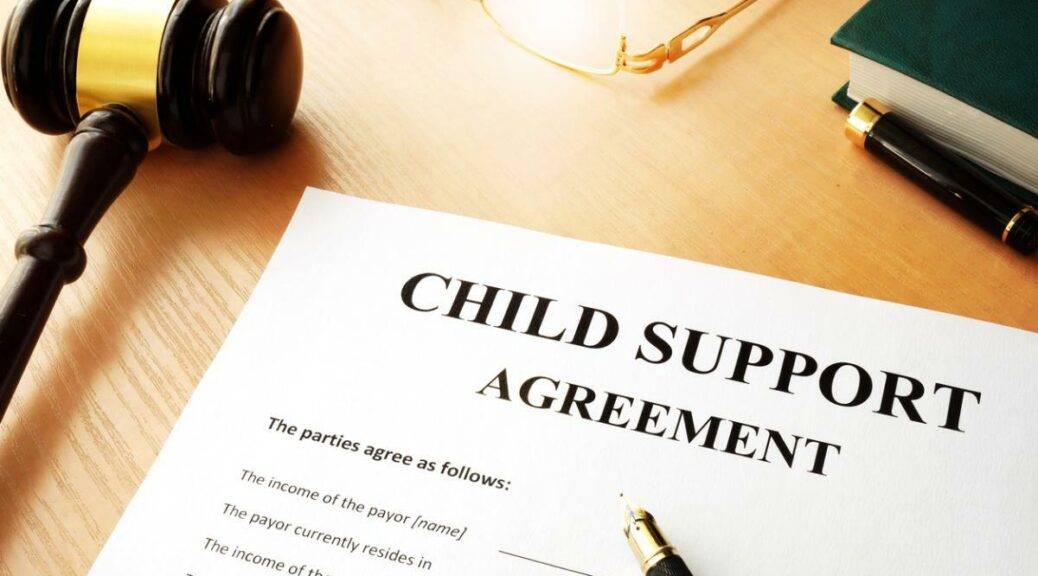Filing for child support in California can feel overwhelming, especially when you’re already dealing with the emotional challenges of separation or divorce. Understanding the process, what the court considers, and what you can realistically expect can help you navigate this critical aspect of family law with greater confidence. Whether you’re the parent seeking support or the one who will be paying, knowing how California’s child support system works is essential for protecting your children’s financial future.
Understanding California’s Child Support Framework
California uses a standardized formula to calculate child support, which is designed to ensure consistency and fairness across cases. Unlike some states where judges have broad discretion, California’s guideline calculation is mandatory in most cases, creating a more predictable outcome based on specific financial factors.
The calculation considers several key elements:
- Each parent’s gross income
- The percentage of time each parent has custody
- Tax filing status
- Other allowable deductions, such as health insurance premiums and mandatory retirement contributions
The state uses specialized software that incorporates these variables into a complex formula set forth in Family Code Section 4055. This standardized approach means that two families with similar financial circumstances and custody arrangements will typically receive similar child support orders, regardless of which county they file in or which judge hears their case.
The Initial Filing Process
When you file for child support in California, you can do so through the family court system or through your local child support agency (often called the Department of Child Support Services or DCSS). Each path has different advantages depending on your situation.
If you’re already involved in a divorce or legal separation case, child support is typically addressed as part of those proceedings. You’ll file a Request for Order (Form FL-300) along with an Income and Expense Declaration (Form FL-150), which provides detailed information about your financial situation. Your attorney will also prepare a supporting declaration explaining why the requested support amount is appropriate.
If you’re not involved in other family court proceedings, you can apply for services through your local child support agency at no cost. The agency will establish paternity if necessary, locate the other parent if needed, establish a support order, and handle enforcement. This option works well for parents who need assistance with the entire process and cannot afford private legal representation.
What Information You’ll Need to Provide
Preparing for a child support case requires gathering substantial financial documentation. The court needs a complete picture of both parents’ financial circumstances to calculate an accurate support amount.
You’ll need to provide:
- Recent pay stubs
- Tax returns from the past two years
- Proof of any other income sources
- Documentation of health insurance costs for the children
- Work-related childcare expenses
- Information about any other children you’re supporting
- If you’re self-employed or own a business, you’ll need additional documentation, including profit and loss statements and business tax returns.
The other parent must provide similar information. If they refuse or claim they’re unemployed or underemployed, the court can impute income based on their earning capacity, education, and work history. This prevents parents from deliberately reducing their income to avoid support obligations.
The Court Hearing and What Happens There
If you file through the court system, you’ll attend a hearing where a judge reviews the financial information and makes a determination. These hearings are typically brief unless disputed issues require testimony and evidence.
If you file through your local child support agency, you may have a hearing if you disagree with the agency’s proposed support.
The judge will review the income and expense declarations from both parties, consider any special circumstances that might warrant a deviation from the guideline calculation, and issue an order specifying the monthly support amount, when payments begin, and how they should be made. In most cases, support is paid through the State Disbursement Unit, which processes payments and maintains records.
California law requires that child support orders include a wage assignment, which means support is automatically deducted from the paying parent’s paycheck and sent to the State Disbursement Unit for distribution. This system reduces missed payments and simplifies enforcement.
Factors That Can Affect Your Support Amount
While California’s guideline calculation is mandatory in most cases, certain factors can influence the final support amount. The time each parent spends with the children significantly affects the calculation—the more overnight visits a parent has, the less support they typically pay, as they’re directly covering expenses during their parenting time.
Extraordinarily high earners may see a different calculation. When combined parental income exceeds a certain threshold, the court has discretion to deviate from the standard formula. Children’s special needs, including medical expenses or educational costs, can also affect support amounts.
If parents have equal or nearly equal timeshare and similar incomes, support obligations may be minimal or offset. However, even in 50/50 custody arrangements, the higher-earning parent typically pays some support to equalize the children’s standard of living in both households.
Modifications and Enforcement
Child support orders aren’t permanent and unchangeable. Either parent can request a modification if there’s been a significant change in circumstances, such as job loss, substantial income increase or decrease, changes in custody arrangements, or changes in the children’s needs.
California law presumes a significant change of circumstances if it’s been three years since the last order or if income has changed by 20% or more. You’ll need to file a Request for Order to modify support and provide updated financial information.
If a parent fails to pay court-ordered support, California has robust enforcement mechanisms. The child support agency can suspend driver’s licenses and professional licenses, intercept tax refunds, place liens on property, report delinquencies to credit bureaus, and even pursue criminal charges in extreme cases of willful non-payment.
Why Experience Matters in Child Support Cases
While California’s guideline calculation might seem straightforward, child support cases often involve complexities that require seasoned legal guidance. Issues such as calculating income for self-employed parents, business owners, or those with variable compensation structures require careful analysis and presentation. High-income cases where guideline calculations may not apply demand strategic advocacy.
Judy L. Burger, a Certified Family Law Specialist by the State Bar of California Board of Legal Specialization, has dedicated decades to practicing family law throughout California. With extensive experience handling complex child support matters, Judy understands how to accurately present financial information, challenge unrealistic income claims, and advocate for support orders that truly reflect the children’s needs and both parents’ financial capabilities. Her background in intricate cases involving business valuations, stock options, bonuses, and other complicated compensation structures means she can navigate even the most challenging child support scenarios.
California Child Support FAQs
Q: How long does child support last in California?
A: Child support typically continues until the child turns 18 and graduates from high school, whichever occurs later, but not beyond age 19. Support may continue longer for children with special needs who cannot support themselves.
Q: Can parents agree to a different amount than the guideline calculation?
A: Parents can agree to an amount higher than the guideline, but courts rarely approve agreements for less than the guideline amount, as child support is considered the right of the child, not the parents.
Q: Is child support tax-deductible for the paying parent?
A: No. Child support payments are not tax-deductible for the paying parent and are not considered taxable income for the receiving parent.
Q: What if the other parent lives in another state?
A: California can still establish and enforce child support orders through interstate agreements. The Uniform Interstate Family Support Act (UIFSA) allows states to cooperate on child support matters across state lines.
Q: Can I get retroactive child support?
A: Yes. California courts can order retroactive support back to the date you filed your request, and in some cases, even earlier if you can show the other parent avoided service or the case was delayed through no fault of your own.
Get Knowledgeable Representation for Your Child Support Case
Child support is about ensuring your children receive the financial resources they need to thrive. Whether you’re seeking support or facing a support request, having skilled legal representation can make a significant difference in the outcome of your case.
The Law Offices of Judy L. Burger provides comprehensive representation in child support matters throughout California. With a deep understanding of California’s child support guidelines and decades of experience handling cases involving complex income calculations, business ownership, and high-asset families, Judy and her team are prepared to advocate for your children’s best interests.
Don’t navigate the child support process alone. Contact The Law Offices of Judy L. Burger today to schedule a consultation. With offices serving families across California, we’re ready to answer your questions, explain your options, and develop a strategy that protects your children’s financial future. Call now to speak with a Certified Family Law Specialist who understands the nuances of California child support law.











